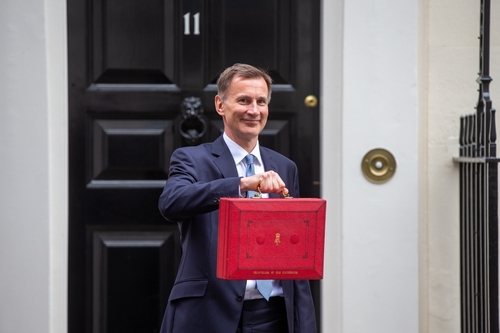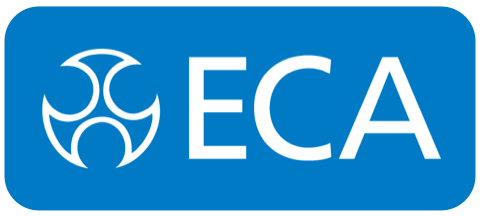
The Chancellor’s Autumn Statement suggests it’s ‘game on’ for an early election. With emergency legislation brought in to cut National Insurance contributions by 2% in January, the signs are that the Government are preparing the ground for next year’s anticipated election.
As such, it was noticeable the Chancellor had been taking note of the business community. Many ECA Members will welcome the freeze on SME business rates, advocated by the Federation of Small Businesses. The CBI, representing another arm of the business community, also claimed a win for its bid to make ‘full expensing’ permanent. That is, business investment for ‘in scope’ kit will be tax free.
For decades, ECA has campaigned for tighter measures to improve late payments for small businesses. While new measures were announced earlier in the autumn, it was gratifying to see this explicitly mentioned in yesterday’s Statement. From April next year all firms bidding for public contracts will have to show they pay invoices within 55 days. This will taper to 30 days ‘in the coming years’.
It is a big win for ECA Members and SMEs generally. Economists expect the measures to affect around 50,000 firms, saving up to £3 billion overall. Importantly, the new rules will maintain cash flow when margins are tight and help to stave off avoidable insolvencies.
ECA Members, particularly those installing technologies such as Electric Vehicle Charging Points, will be pleased to see the change in planning rules to speed up Grid connections for new installations. The bureaucratic silting up of the planning process has slowed down the electrotechnical installers who are driving the energy revolution.
For four consecutive quarters, ECA Members have been saying the lack of qualified electricians is holding them back from accepting new contracts and growing their business. The shortage of skilled workers to install, integrate, and maintain the new technologies is the biggest obstacle to achieving net zero targets. It is also the biggest obstacle to business growth.
While the Chancellor’s proposal to increase apprentices is welcome, his rush to encourage ‘bootcamps’ is counterproductive and a poor use of public money. Learners completing short classroom-based courses will not qualify as electricians or be employable by the industry. Neither will they deliver long term productivity for the country.
Technology specific courses offer dead-end careers and provide no flexibility for technologies yet to be developed. Moreover, integration of new technologies is key to achieving low emissions, maintaining safety and reducing energy costs. No one could be better placed to do that than a fully qualified electrician.
Learn more about ECA's advocacy and public affairs work here.
